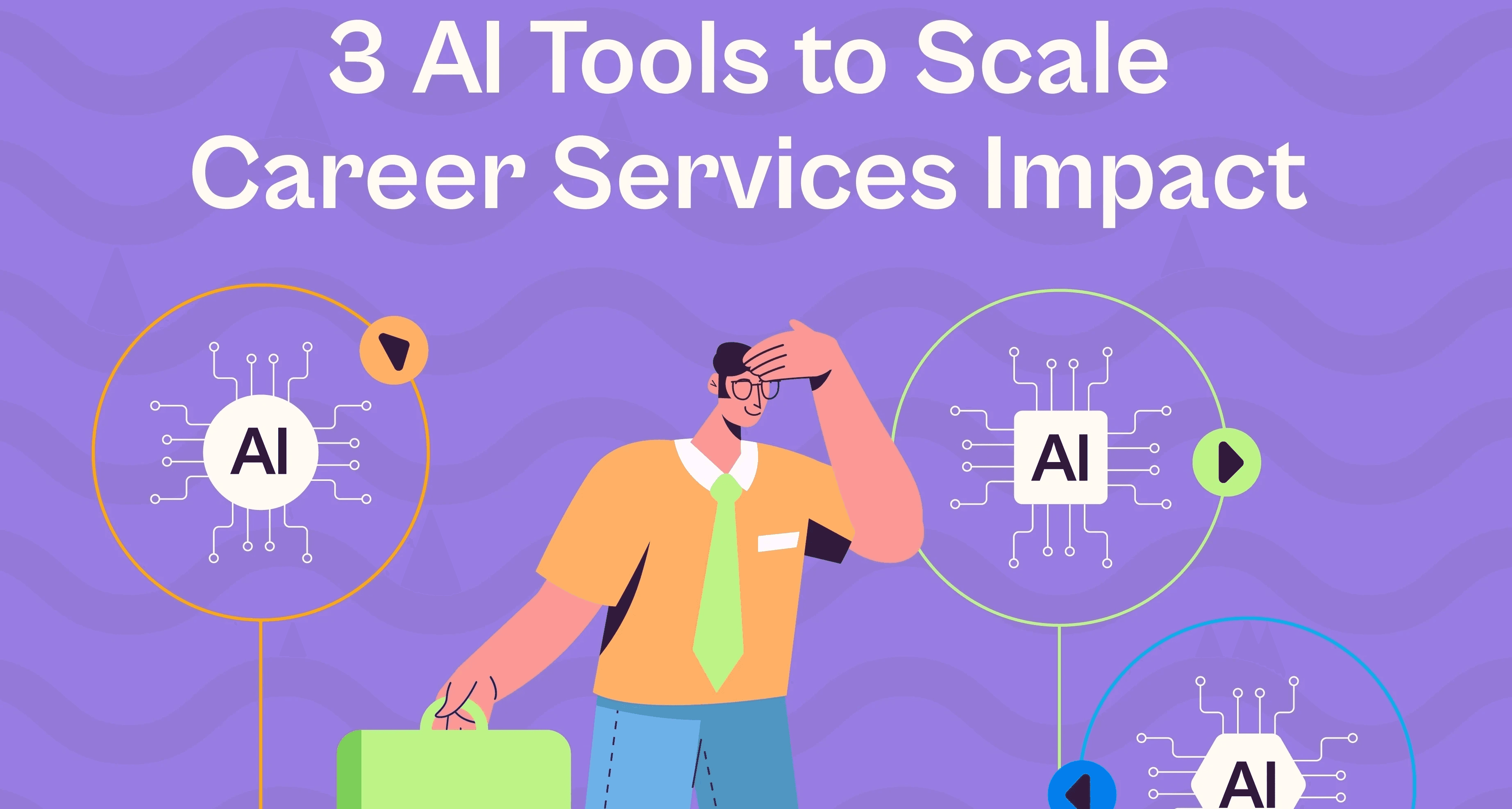HIRING
Written by:
Rod Danan
Published on:
December 14, 2023
Share this blog:
Considering a career change at age 50?
First things first, take a deep breath—you're not alone in this journey. Career changes at 50 are not only normal but increasingly common as individuals seek new challenges, fulfillment, and a chance to redefine their professional narrative.
In this Prentus guide, we will explore the key steps you should take to pursue a successful career change at 50. We want you to feel confident and empowered in your decisions so that you can make this transition as effortlessly as possible.
Let's get started!
What is a career change at 50?
Before we dive headfirst into the how-to, let's take a moment to understand what a career change at 50 means. Much like changing careers at 40, it's about embracing a new professional identity, exploring uncharted territories, and finding the right balance between your passions and potential.
It's a chance to reinvent yourself, challenge the status quo, and feel energized by pursuing a new career path. This transition often involves a thoughtful evaluation of your values, interests, and long-term goals.
The good news? It's never too late to embark on this transformative journey.
Career Change at 50 Example
Meet Ingrid Fournier decided to redefine her career at the age of 56.
After dedicating 26 years of her life to teaching in various school districts across Michigan, mostly within the Forest Hills community near Grand Rapids, Ingrid realized the demands on educators were becoming unsustainable.

Despite the love for her teaching career, Ingrid sought a change that aligned better with her lifestyle and passions. In January, she embarked on a new journey as the branch manager of a public library in Scottville, Michigan—a city with just under 1,400 residents.
In this role, Ingrid orchestrates activities for schoolchildren and actively participates in community events, like a beekeeping series that beautifully blends history, biology, and culture.
Benefits of changing careers at 50
Renewed passion and purpose: Embracing a new career at 50 often brings a revitalized sense of passion and purpose. It's an opportunity to align your work with your values and rediscover the joy in what you do.
Potential pay increase: According to LaborIQ, the average salary for new hires is 7% higher than it is for current employees in similar roles. In other words, changing jobs and careers is potentially a way to maximize your earnings.
Personal growth and learning: A career change at 50 isn't just a shift in job titles—it's a commitment to continuous learning. It opens doors to acquiring new skills, embracing challenges, and staying intellectually engaged.
Enhanced work-life balance: As you embark on a new career path, there's an opportunity to reassess and redefine your work-life balance. Choose a career that aligns with your lifestyle goals, offering a more fulfilling and balanced existence.
How to change careers at 50
1. Assess why you want to change your career
Start your career change journey by exploring the reasons driving this transformation. Reflect on what aspects of your current career are unsatisfying, and envision your goals for the new professional chapter. This self-assessment lays the groundwork for a purposeful transition.
To ensure clarity and conviction in your choice, consider asking yourself the following questions:
What are you dissatisfied with in your current career?
What aspects of a new career inspire you?
Are you looking for growth or stability?
How well do your skills align with your current career?
Describe your ideal workday.
Are you willing to invest time in developing your skills?
2. Think about your skills
In your decades of work, you’ve gained tons of valuable experience that you should leverage in your new career.
Soft skills like problem-solving, collaboration, and organizational skills are highly valued across industries. In fact, “management” was the most sought-after skill among employers in 2023, according to LinkedIn research.
Hard skills ma be hard to transfer across jobs, but if you’ve developed specialized knowledge in a certain field, employers in related fields will likely be interested. For example, if you have experience with Salesforce for nonprofits, there are likely elements that transfer to education.
To assess the skills needed for your target roles, create a two-column list of your current hard and soft skills, as well as the ones you need for different careers. This comparison will help identify any gaps to fill and highlight transferable skills.
Remember—leveraging your existing skills is a proven strategy for success. The AIER Older Workers Survey revealed that professionals who successfully transitioned to new careers after age 45 had an average skill overlap of 50%, while those who struggled reported only 14% overlap.
3. Research new paths
Start exploring career paths that align with your passions and skills. Conduct thorough research to understand the dynamics, requirements, and growth prospects of each option. This strategic approach will guide you toward a path that resonates with your aspirations.
Prentus makes this process a lot easier.

With the Prentus Chrome extension, you can save jobs from anywhere on the web and store them in a centralized job tracker.
You can also use Prentus to monitor important dates like interviews and coaching sessions, manage key tasks, track interview rates, and store contact information. You’ll receive alerts and summary emails highlighting new opportunities and impending deadline—ensuring you stay well-informed and on top of everything.
4. Take advantage of professional networks
Tap into professional networks, both online and offline, to gain insights and guidance from those who have walked a similar path.
Attend industry events, join relevant associations, and connect with professionals in your target field. Networking is a powerful tool for acquiring valuable advice and expanding your opportunities.
Here are some ways to find and join relevant professional networks:
Identify industry-specific associations
Explore online networking platforms
Attend industry events and conferences
Use alumni networks
Join online forums and discussion groups
Engage in webinars and virtual events
In total, 30-50% of all hires are employee referrals—not to mention the countless career opportunities and valuable advice gained through networking. So, don’t underestimate its importance!
Developing meaningful professional relationships can make all the difference in your job search journey.
5. Update your resume and online presence
Tailor your resume and optimize your LinkedIn profile to emphasize the skills and experiences pertinent to your new career path.
Make sure your online professional profiles, like LinkedIn, showcase your evolving goals. A polished online presence is important for making a strong impression on potential employers in your chosen field.

Our AI tools gather details regarding your skills, professional background, and career preferences to assist with various employment-related activities, including crafting resume bullet points, composing LinkedIn profiles, and even simulating interviews based on the role you’re applying for.
6. Gain hands-on experience
Dive into your chosen field by pursuing part-time work, internships, volunteer opportunities, or boot camps. Practical experience enhances your understanding of the industry and shows employers that you can apply the skills you’ve learned in a professional setting.
As a bonus, this can also lead to valuable networking opportunities and provide you with an edge when it comes time to apply for jobs.
7. Seek out mentorships
Navigate your career change with the support of a mentor experienced in your desired field. A mentor can provide invaluable insights, advice, and support as you navigate the challenges of transitioning. Their guidance and network can be instrumental in accelerating your journey toward a successful career change.
Where do you find a mentor? The best way is by joining an active community related to your new field.

At Prentus, our community is full of current and former jobseekers who are passionate about providing mentorship and guidance to others. Whether you want to ask a question or simply vent some of your frustrations, our community members are here to help.
8. Embrace flexibility and resilience
Embrace the notion that flexibility is key in a midlife career change. Be open to starting at a position that may seem like a step back in some aspects, but is a significant leap forward in your desired career path. Cultivate resilience to navigate challenges and uncertainties, allowing you to adapt and thrive amidst change.
Conclusion
Embarking on a career change at 50 is more than just a professional transition—it's a profound journey of self-discovery, resilience, and the pursuit of newfound passions. With the right approach, you can find yourself in a rewarding, fulfilling career that fits your interests and values.
Looking to simplify the job search process?
At Prentus, we help jobseekers stay organized with a powerful job tracker and a range of AI tools that can help you create a resume, practice for your interviews, and optimize your LinkedIn profile. With the right resources at your disposal, you can make a meaningful career transition and take control of your future.
Sign up today to get started!





